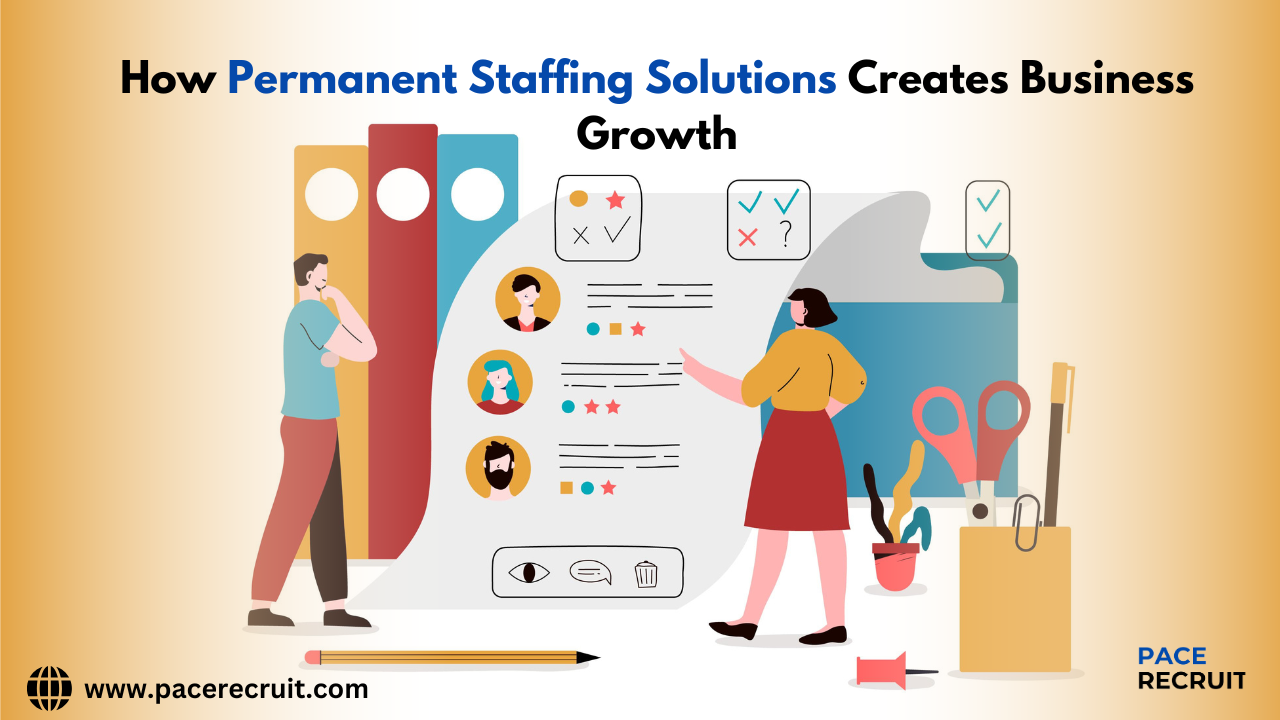Understanding Legal and Compliance Aspects in Your Outsourcing Journey
페이지 정보

본문

This post is a submission by Managed Services Partners. Managed Services Partners is an outsourcing company with over 6 years of experience helping services enhance operations and drive growth.

Starting the outsourcing journey is a venture that numerous companies carry out to enhance effectiveness, lower costs, and leverage specialized skill.

However, along with these possible benefits come a host of legal and compliance intricacies that must be carefully navigated to ensure the success and sustainability of contracting out efforts.
This extensive guide will explore essential legal and compliance factors to consider, with a concentrate on data personal privacy laws, non-disclosure contracts (NDAs), non-compete stipulations, and the vital function of flexibility in today's dynamic organization environment.
The outsourcing landscape
Outsourcing is more than a method for offloading non-core tasks; it is a transformative approach that can enhance a company's adaptability and competitiveness.
Whether it's IT services, customer support, producing procedures, or human resources, outsourcing can use a significant edge. Companies that successfully contract out can focus on core organization operations, drive development, and access top talent without the overhead costs of full-time work.
However, this journey is not without its legal and compliance obstacles. Companies need to be conscious of the intricacies surrounding the transfer and management of data, the security of intellectual property (IP), and the maintenance of regulative compliance.
Given the global nature of outsourcing, companies should also think about cross-border legal implications, which may vary considerably depending on the country where the outsourcing service provider runs.
Understanding these elements is essential in guaranteeing that contracting out collaborations align with a company's tactical objectives while alleviating potential legal dangers.
Oftentimes, organizations that neglect legal and compliance considerations face pricey disagreements, loss of delicate information, or reputational damage that can take years to recuperate from.
Importance of legal factors to consider
Outsourcing inherently includes legal factors to consider that are necessary to securing a company's interests. At the forefront is the requirement to safeguard delicate information. Companies need to comprehend and abide by data personal privacy laws that govern the jurisdictions in which they operate.
This is particularly critical as information breaches can result in extreme punitive damages and reputational damage.
Furthermore, intellectual home rights need to be plainly specified in outsourcing agreements to prevent unapproved use or misappropriation of exclusive possessions. If these rights are not effectively established, a company might lose control over crucial innovations or private company processes.
For companies running in highly regulated industries such as healthcare, financing, or legal services, compliance requirements are even more stringent.
Abiding by regulations such as the General Data Protection Regulation (GDPR) in Europe or the Health Insurance Portability and Accountability Act (HIPAA) in the United States is important to preventing legal complications.
Non-Disclosure Agreements (NDAs) and non-compete provisions
When outsourcing, share proprietary info with external service companies.
To protect this valuable info, NDAs are used. These agreements are created to prevent the unauthorized dissemination of secret information, thereby securing the company's competitive benefit.
NDAs should be detailed and lawfully binding, clearly outlining what constitutes private information and the responsibilities of both celebrations in dealing with sensitive information. Businesses need to likewise ensure that their NDAs include provisions for legal option in case of breaches.
Similarly, non-compete clauses can be included to avoid service providers from making use of delicate understanding gained during the outsourcing collaboration to benefit a rival. This is especially important when contracting out freelancers or companies that might have several clients in the very same market.
However, the enforceability of non-compete stipulations can vary substantially depending on the jurisdiction. Some areas have strict guidelines limiting the scope and period of such stipulations.
Therefore, it's important for companies to consult legal experts with experience in the appropriate legal structures to prepare effective agreements.
Contracts: Setting the structure
Contracts function as the blueprint for the outsourcing collaboration, specifying functions, duties, deliverables, and timelines. They likewise outline the legal and compliance expectations for both celebrations.
A well-structured contract must attend to numerous crucial elements:
Scope of work: Clear and in-depth descriptions of the services to be supplied, including quality standards and performance metrics.
Data security: Specific clauses related to information security, information transfer procedures, and breach alert procedures to make sure adherence to privacy laws.
Intellectual Property rights: Provisions that establish ownership of IP developed throughout the collaboration, and terms that safeguard pre-existing IP.
Termination stipulations: Terms that address the possible end of the outsourcing relationship, including notification periods and conditions under which termination can occur without charge.
Additionally, organizations must think about implementing service-level contracts (SLAs) to make sure accountability and efficiency tracking. SLAs define quantifiable criteria that the outsourcing supplier should fulfill, supplying companies with recourse if expectations are not fulfilled.
Engaging with provider
Consulting with prospective company during the early phases of the outsourcing journey is a strategic relocation. This engagement allows companies to assess the supplier's capability to satisfy legal and compliance requirements.
Thorough vetting procedures, such as requesting referrals, evaluating past jobs, and evaluating compliance certifications, can provide important insights into the provider's dependability and adherence to industry requirements.
Businesses ought to also assess the financial stability of potential outsourcing partners.
A provider that faces financial obstacles may not have the ability to maintain operations long-lasting, positioning a risk to ongoing jobs. Conducting due diligence ahead of time can prevent future disturbances.
The function of flexibility in legal and compliance strategies
Adaptability is a vital component of successful outsourcing, especially when it comes to navigating developing legal landscapes. Regulations and market conditions can change rapidly, making it important for companies to stay agile.
Building flexibility into contracts and developing procedures for continuous compliance tracking can assist businesses adapt to brand-new legal requirements and preserve a competitive edge.
For circumstances, if a business is outsourcing client assistance operations to several countries, they must guarantee compliance with various national laws concerning consumer defense and data personal privacy.

Regularly upgrading policies and contracts in reaction to legal modifications can avoid legal pitfalls.
Real-world factors to consider and best practices
To make sure legal and compliance success in outsourcing, companies need to embrace the following best practices:
Regular audits and assessments

Conduct routine audits and assessments to make sure that company remain compliant with legal and regulatory requirements. This proactive method can help determine prospective spaces before they escalate into considerable problems.
Training and awareness
Educate staff members and outsourced groups on data security practices and legal commitments. This ensures that everybody involved in the outsourcing journey comprehends the significance of compliance and the function they play in safeguarding info.
Collaboration and interaction
Foster a collective relationship with service companies. Open lines of interaction can assist address compliance concerns immediately and assist in joint analytical efforts.
Crisis management preparation
Have contingency strategies in location in case of security breaches, agreement disputes, or service provider failures. A well-structured crisis management plan makes sure that organizations can rapidly react to difficulties without considerable disruptions.
Legal compliance for outsourcing success

Understanding the legal and compliance elements of outsourcing is necessary for companies looking to leverage external abilities while securing their interests. By concentrating on essential areas such as data privacy, NDAs, non-compete clauses, copyright rights, and flexibility, business can successfully browse the outsourcing landscape.
Successful contracting out hinges on a collective method between the business and its provider. Building trust and keeping transparent communication can lead to effective analytical and a shared commitment to compliance.

- 이전글Understanding Legal and Compliance Aspects in Your Outsourcing Journey 25.05.07
- 다음글Crash Warning as Report into DC Disaster at Reagan Airport Is Released 25.05.03
댓글목록
등록된 댓글이 없습니다.